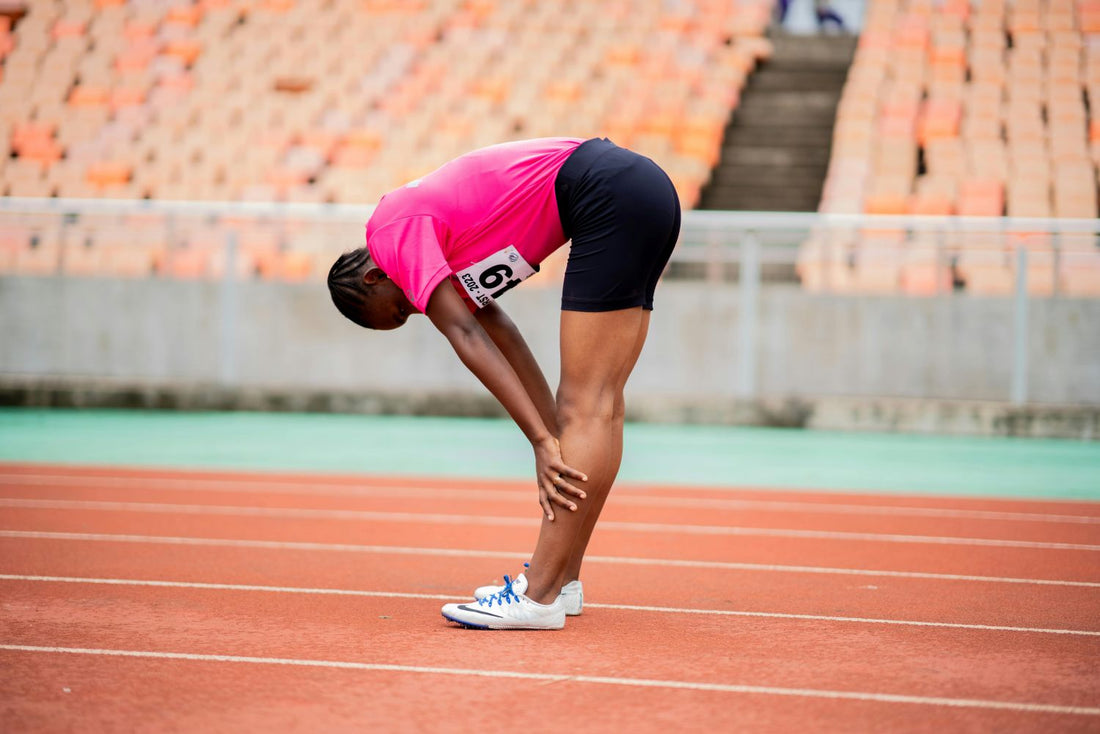
We’ve all been there. You’re hitting the gym regularly, pounding the pavement, or diligently practicing your sport. You were seeing progress, feeling stronger, faster, better. But then… BAM! You hit a wall. The weights feel heavier, your runs aren’t getting any quicker, and your skills just aren’t improving. You’re stuck, stagnating, and those desired results seem further away than ever. It’s frustrating, right? You might be tempted to push harder, train longer, or try the latest fad, but what if the secret to breaking through that plateau lies in doing the opposite? What if the key to moving forward is actually taking a step back?
It might sound counterintuitive, but sometimes the most effective way to overcome a training slump is to regress, to intentionally go back to a previous state of training. Think of it like building a house. If the foundation isn’t solid, adding more floors and fancy features is just going to lead to problems down the line. The same holds true for our bodies and our athletic abilities. The foundation of all our progress lies in the fundamental movements and concepts of exercise, as well as the basic skills specific to our chosen sports.
Why Sometimes You Need to Go Back to Basics.
Imagine a young soccer player trying to master fancy dribbling techniques without first having a solid grasp of basic ball control. Or a runner pushing for faster times with poor running form. Or even an adult trying to lift heavier weights without understanding proper lifting mechanics. Continuing to push onward without addressing these fundamental deficiencies is like trying to drive a car with flat tires – you might move a little, but it’s going to be slow, inefficient, and potentially damaging.
Ignoring these cracks in our foundation can lead to a host of detrimental results, both physically and mentally. Physically, you significantly increase your risk of injury. Trying to perform complex movements or lift heavy loads with improper form puts undue stress on your joints, muscles, and ligaments. This can lead to nagging pains, serious injuries, and ultimately sideline you from your training altogether. Furthermore, you’ll likely hit a performance plateau. Without a solid base, your body simply won’t be able to adapt and progress effectively, no matter how hard you try.
The mental consequences can be just as significant. Constantly feeling stuck and failing to achieve your goals can lead to frustration, discouragement, and even a loss of motivation. You might start to doubt your abilities, lose enjoyment in your training, and even consider giving up altogether. This is a real shame, especially when a simple shift in your approach could make all the difference.
Go Back to Go Forward
So, how do you effectively and efficiently address these shortcomings and harness the power of regression? It’s not about completely starting over, but rather strategically revisiting the basics.
First, identify the weak link. This requires honest self-assessment or, even better, seeking feedback from an outsider or an extra set of eyes, like a qualified coach or trainer. Where are you struggling? What movements feel awkward or inefficient? What fundamental skills are you not quite nailing consistently? For a runner, this might be their running posture or cadence. For a weightlifter, it could be their squat depth or core engagement. For a young athlete, it might be a basic throwing or catching technique.
Once you’ve identified the area that needs attention, simplify and slow down. This is where the magic happens. Go back to the fundamental exercises or drills that build the necessary foundation. Focus intently on proper form and technique, even if it means reducing the weight, slowing down your pace, or breaking down complex movements into smaller, more manageable steps. Quality over quantity is the name of the game here. This is particularly important in children as they are creating those neuromuscular connections. Bad training habits turn into bad form. Remember the saying: Slow is smooth, and smooth is fast.
Revisit the basics with a fresh perspective. You might be surprised at what you learn or notice when you consciously focus on the fundamentals. For a child athlete, this could mean spending extra time on basic agility drills or practicing proper throwing mechanics with a focus on accuracy rather than power. For an adult, it might mean focusing on mastering bodyweight exercises like squats, push-ups, and lunges with perfect form before progressing to heavier weights. This is where your patience will be tested. Trust me! I’ve been there myself.
Don’t let this thing called “ego” get in the way. Don’t hesitate to seek expert guidance. A good coach or trainer can provide invaluable feedback on your technique and help you identify areas for improvement that you might not notice and save you a lot of time and aggravation in the process. They can also design a structured plan to help you rebuild your foundation effectively.
Finally, be patient and kind to yourself. Regressing in training can sometimes feel like a step backward, and your ego might take a hit as I preempted before. Remember that this is a strategic move for long-term progress. Embrace the process of refining your fundamentals and celebrate the small improvements you or your trainee make along the way.

The Strategic Advantage of Training Regression
The beauty of this approach is that it benefits everyone, from the youngest aspiring athlete to the seasoned adult fitness enthusiast. For a young child athlete, focusing on mastering fundamental movement patterns like running, jumping, throwing, and catching with proper technique sets them up for success in any sport they choose to pursue. It also helps prevent bad habits from forming early on. Make it fun and engaging with games and activities that reinforce these basic skills.
For adults seeking fitness improvement, revisiting the fundamentals can address nagging injuries, break through plateaus, and build a more resilient and capable body. Focusing on proper form in exercises like squats, deadlifts, and presses not only makes you stronger but also reduces your risk of getting hurt. It’s about building a solid structure that can support more advanced training in the future.
The mental aspect of regressing is also crucial. It takes courage and self-awareness to recognize when you need to step back. It’s not a sign of weakness, but rather a sign of intelligence and a commitment to long-term growth. By focusing on the process of improvement rather than just the end result, you can build a stronger mental foundation alongside your physical one.
Building a Better You
So, the next time you find yourself feeling stuck in your fitness journey, don’t be afraid to take a step back. Revisit your fundamentals, refine your technique, and build a stronger foundation. It might feel counterintuitive, but sometimes, going back to the basics is the most direct path to achieving your biggest goals and unlocking your true potential. Embrace the power of the pause and get ready to leap forward like never before. If you are a coach or a parent, lead the way and show them a better path!
Ready to take your training to the next level and stay ahead of the game? Don't let your fitness journey plateau! Head over to our website to dive deeper into our blog for more expert tips and explore our range of training E-Books. Make sure to follow us on Instagram and Facebook.
Want to be the first to know about the exciting launch of our revolutionary HEROS Training System and upcoming physical products from ACTOS? Sign up for our newsletter today to get all the updates delivered straight to your inbox.
We value your input! If you have any questions, specific training requests, or recommendations for future blog topics, please don't hesitate to reach out. We're here to support your fitness goals every step of the way. Remember that more is not always better; better is always better!
Until next time!
Gaspar
ACTOS Performance Innovation
*Dr. Gaspar A. Rosario is a seasoned healthcare expert with a Doctorate in Health Sciences and over a decade of clinical experience. His certifications in Weight Management, Performance Enhancement, and Exercise Therapy from the ISSA, coupled with his diverse medical background, position him as a trusted authority in the field.

